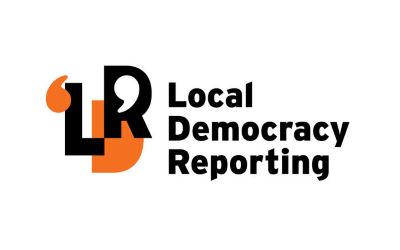
Hearings on the proposed Waimakariri District Plan are expected to be held mid-year.
Waimakariri District Council development planning manager Matt Bacon says the aim is to integrate variation 1, which gives effect to the new medium density residential standards (MDRS), into the District Plan process before the hearings.
This would mean appointing an independent commissioner, which was a requirement of the MDRS legislation.
‘‘It makes sense to integrate the process so people don’t have to turn up and present on the District Plan, and then make effectively the same submission two days later for a Variation 1 hearing.
‘‘We are working with the hearings panel to work out how they want to run the hearings and we expect they will put some direction around how they intend to hear the submissions.’’
He expected the hearings would be held in May or June.
The District Plan was first notified in September 2021, with 421 submissions being received, which made 6704 submission points.
Around 53 percent of submissions indicated support for the proposed changes in the draft District Plan and submitters addressed a wide range of issues, Mr Bacon said.
A further 81 submissions were received in response to Variation 1.
Mr Bacon said ‘‘a well-informed’’ District Plan was essential, even though the Government’s proposed legislation to replace the Resource Management Act aimed to replace district plans with regional plans.
‘‘It will take about eight to 10 years to transition before the new process comes in, so in the meantime we are progressing with the District Plan .
‘‘In the legislation it isn’t entirely clear what happens to the District Plan, but there will be a local ‘statement of intent’ and we would imagine a lot of that would be from the District Plan.
‘‘Hopefully we will get a wellinformed District Plan which can then progress seamlessly into a regional plan.’’
Mr Bacon said replacing District Plans with Regional Plans had some merit.
The difficulty was in allowing for local variation across a large region like Canterbury, he said.
Public interest journalism is funded by New Zealand on Air.














